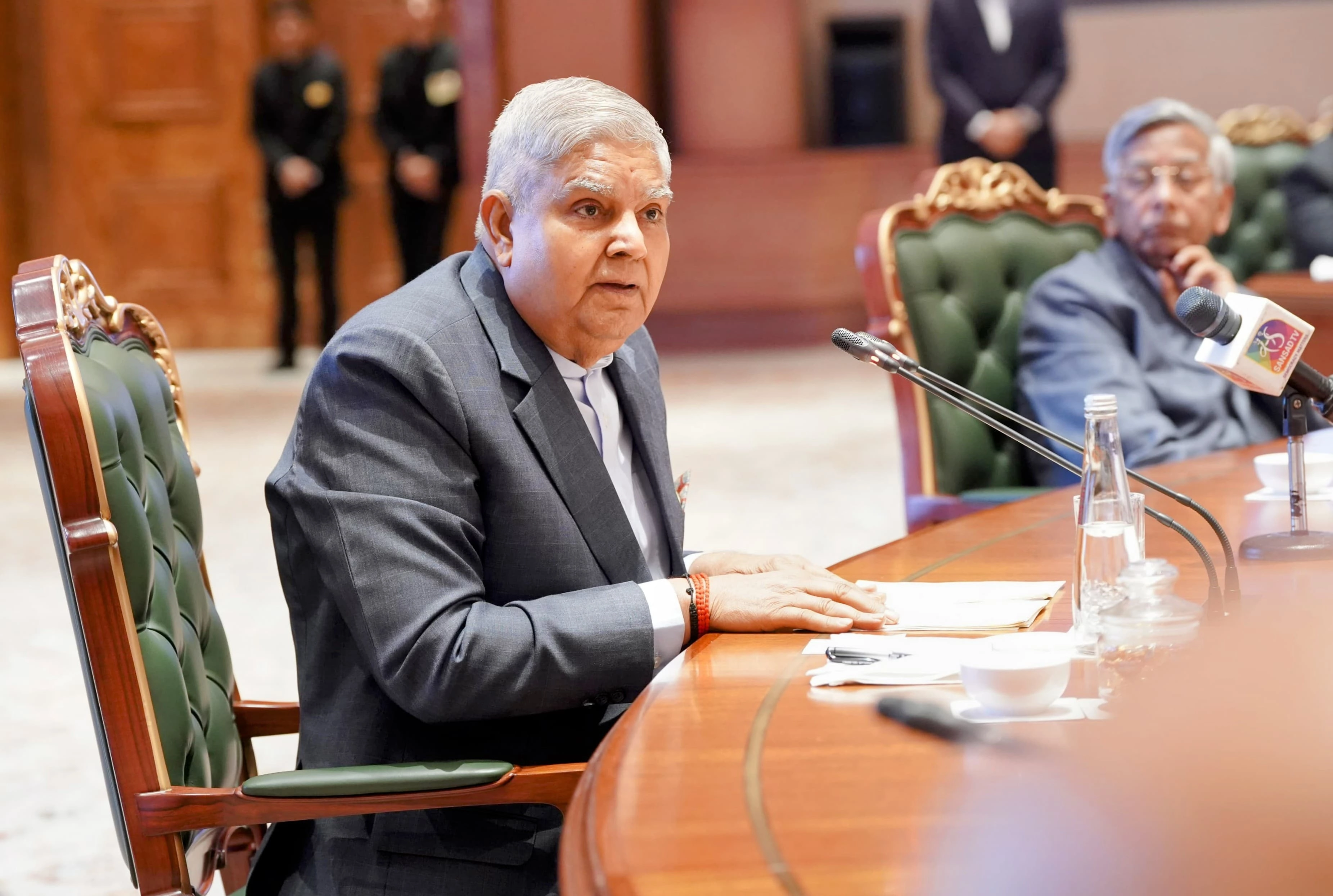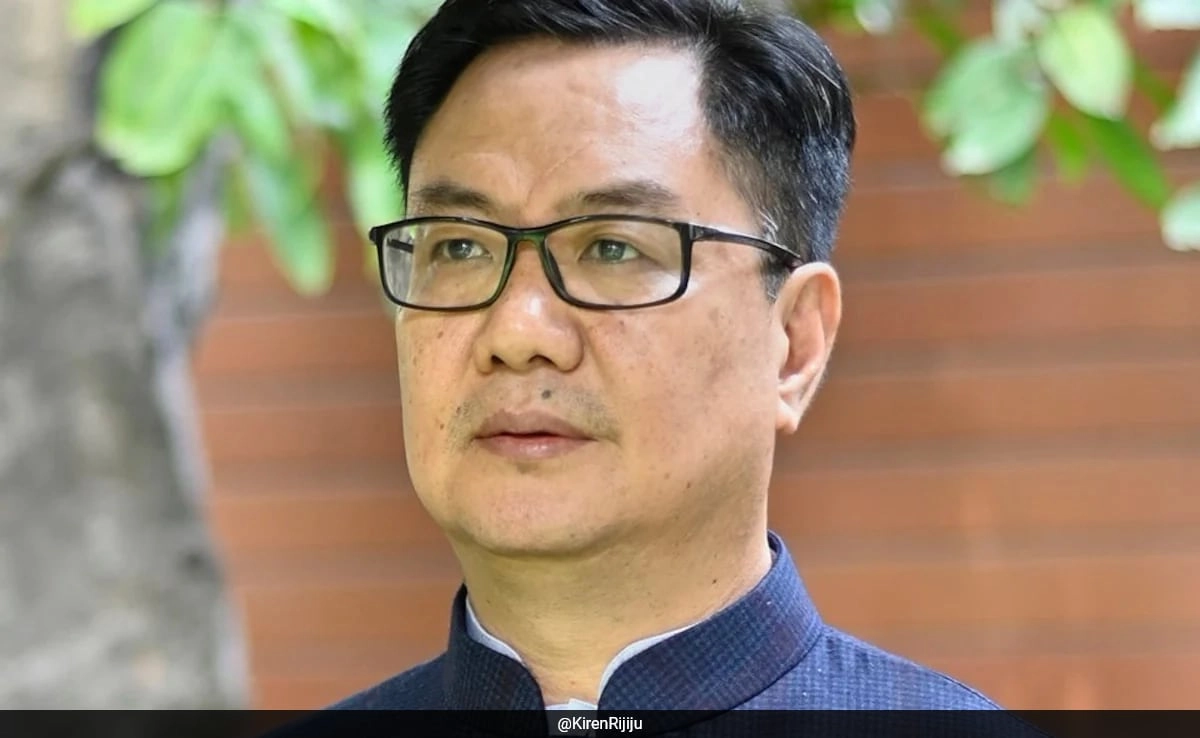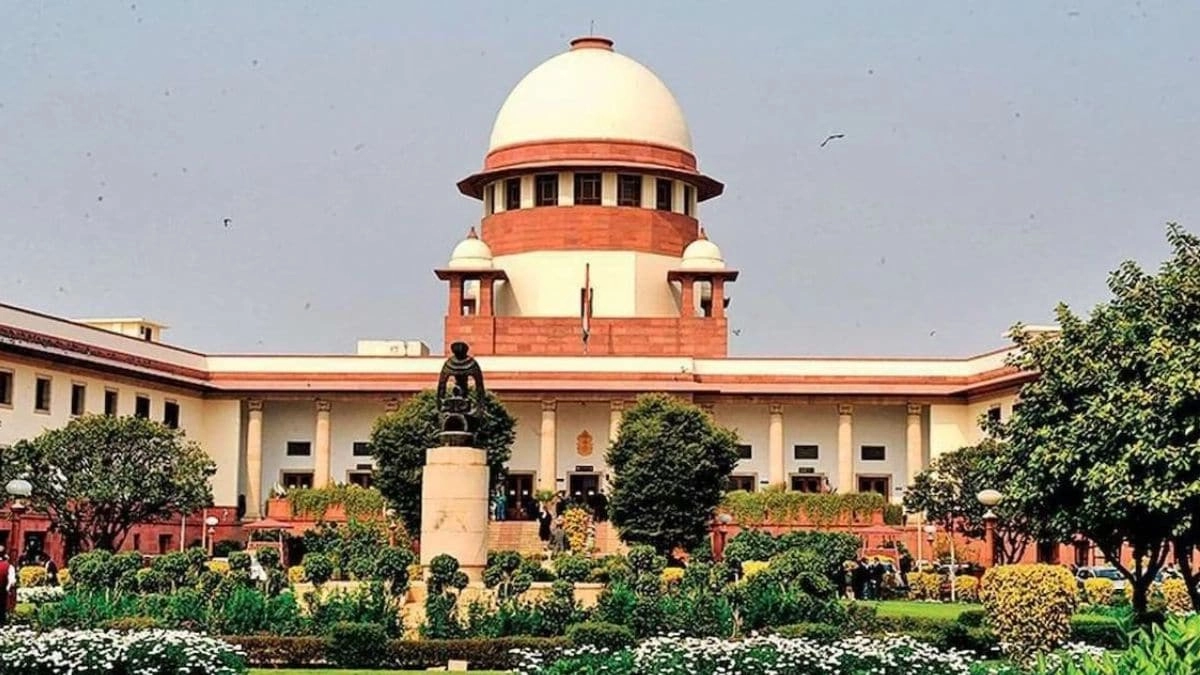Vice President Jagdeep Dhankhar’s unexpected departure has sent ripples through the political landscape, prompting speculation and analysis regarding the circumstances leading to this significant event. Dhankhar, who held the position since 2021, was regarded as a pivotal figure within the political framework, known for his outspoken nature and strong stance on various issues. His exit raises questions about the internal dynamics of the government and the broader implications for the ruling party. Observers have pointed to a range of factors that may have contributed to this surprising turn of events.
One of the primary considerations is the escalating tensions within the political arena, particularly between the Vice President’s office and other branches of government. Dhankhar’s tenure was marked by instances where he openly challenged the legislative decisions and executive actions, leading to friction with allies and opposition alike. Furthermore, his criticism of certain policies and decisions may have alienated key supporters, creating a rift that ultimately proved untenable. The political climate, characterized by heightened partisanship and polarization, also played a role in shaping the circumstances surrounding his exit.
Additionally, Dhankhar’s departure can be seen within the context of strategic repositioning by the ruling party. As political landscapes evolve and new challenges emerge, party leaders often reassess their team to ensure alignment with current objectives and public sentiment. This could signify a desire for fresh leadership or a different approach to governance, reflecting the need for adaptability in a rapidly changing political environment. The implications of Dhankhar’s exit extend beyond individual politics; they signal a potential shift in the ruling party’s direction and strategy, possibly influencing future elections and policy decisions.
In conclusion, Vice President Jagdeep Dhankhar’s shock exit is emblematic of the complexities and challenges inherent in contemporary politics. It serves as a reminder of how swiftly political fortunes can change and the importance of maintaining cohesive relationships within the government. As the ruling party navigates this transition, stakeholders and citizens alike will be keenly observing the next steps, anticipating how this development might reshape the political landscape in the months and years to come. The unfolding narrative around Dhankhar’s departure will undoubtedly continue to be a focal point of discussion among political analysts and the public alike.




